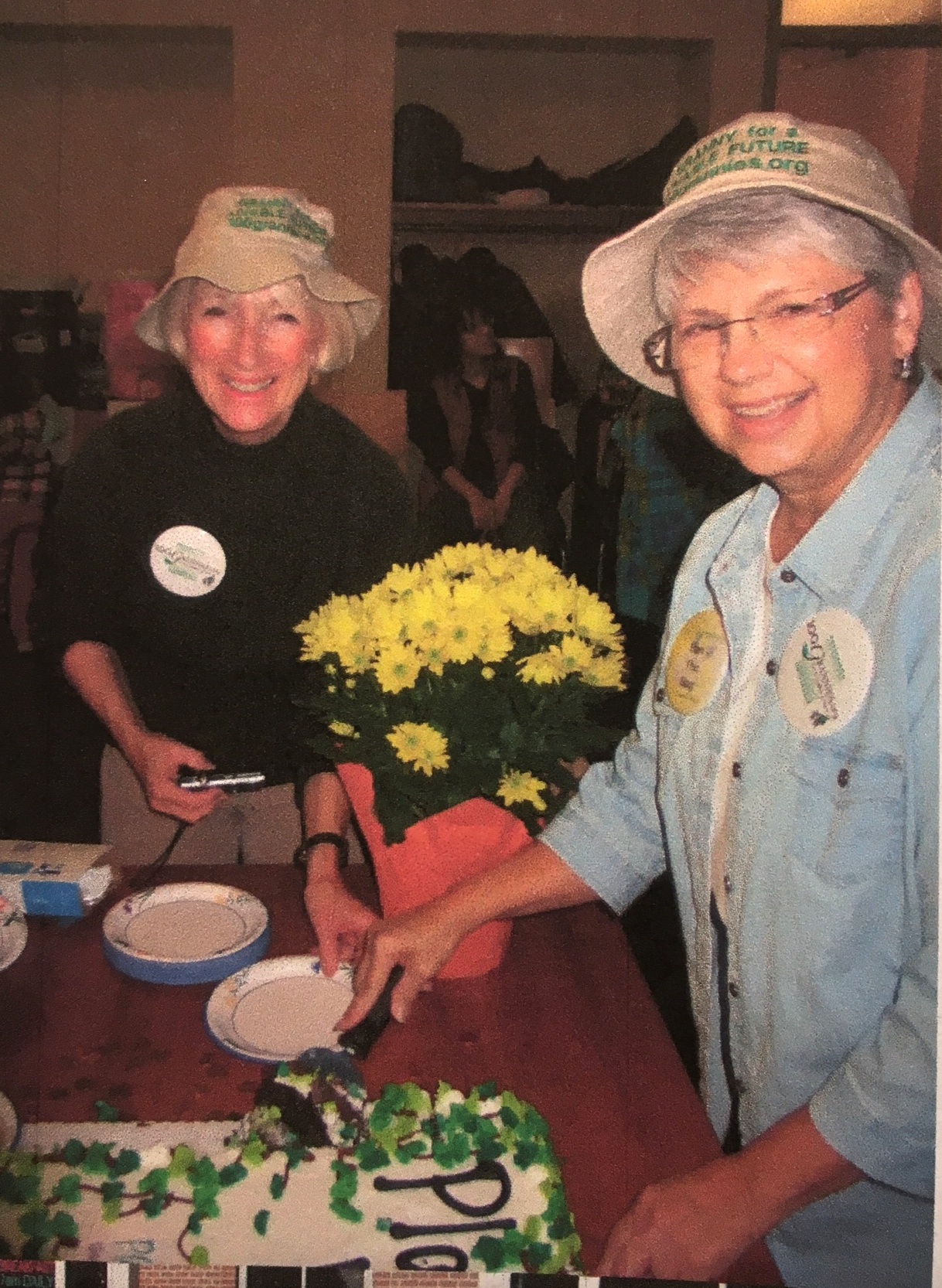Sustainable Fundraising
Plant-a-Penny
SICC advisors have worked with middle school through college students on a project to investigate and improve unhealthful and unsustainable school fundraisers. The project the team created was called Plant-a-Penny, since for some so-called “junk fundraisers” it would be more profitable, healthful, and sustainable to collect pennies instead. The approach we take with you and your team can be your own, based on the lessons we’ve learned.
A core group of over thirty students and parents joined with our team members, and we involved area researchers and experts in public health, social entrepreneurship, fundraising, advocacy, and education. We engaged district administration, school principals, educators, and parent-teacher organizations in the area. Student teams delivered presentations to their schools, at PTA and PTO meetings, as well as school boards to change fundraisers to those that empower kids and parents, create community, keep profits in the schools instead of dividing them with for-profit corporations.
The school students then worked with area college students and faculty to produce a series of five educational videos which were shown during homerooms and for presentations to community groups.
The Plant-a-Penny team raised over $30,000 in grant and in-kind support from the University of Iowa College of Public Health, the Department of Athletics, and the Department of Communications and Film Studies for video production, editing of the Plant-a-Penny project (sustainable, healthful school fundraising educational video series). Working with faculty and administration, the team also conducted a survey of over 500 students in grades 7 and 8 to determine kids’ understanding of health, financial, and environmental issues surrounding school fundraising. The team conducted a study to determine what kids learn about fundraising and its connection to health, environment, and sustainability. The study determined that students often do not consider environmental or health effects of fundraisers. The study also suggests that students put too much trust in parents, faculty, and administrators to make the right choices about fundraising.
Questions and Opportunities for Your Team:
Can we do better than bake sales?
Do we need to hire for-profit, corporate firms to take many hours of class time to encourage kids and parents to sell magazines, sausage, cheese, or sugary treats?
Why are do Girl Scout cookies contain trans fats (partially hydrogenated fats) that have been proven to cause cardiovascular issues, as well as other unhealthful ingredients?
Why does Ronald McDonald House still rely on fundraisers - usually organized through schools, children’s groups and community organizations - such as collecting pop tabs from sugary drinks, beer, and sports drinks that are unhealthful, and essentially encouraging their consumption, unintentionally making kids sick to help sick kids?
Why are we still relying on fundraising models straight out of the 1950s?
How can we help these and other organizations and schools raise more funds, build stronger community, and do it all sustainably?
We can actually do good, promote health, create sustainability, and educate people while raising funds.
The Plant-a-Penny model can be replicated and improved in any school district or community, and SICC can help make that a reality.








